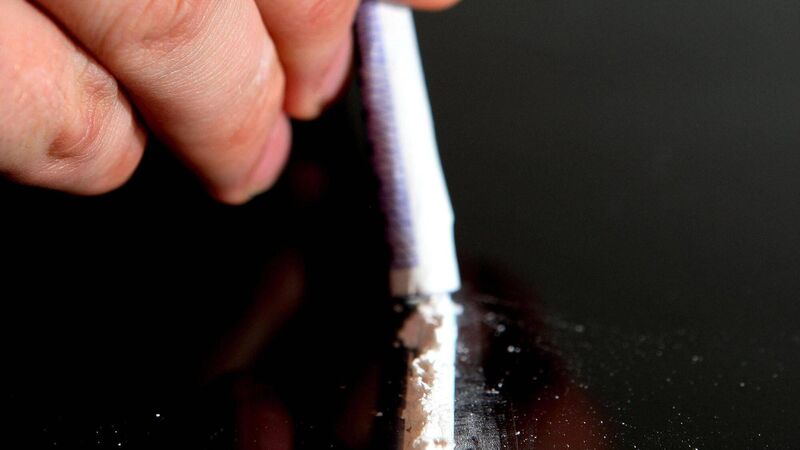Irish cocaine deaths rise more than 150% in three years, new figures show

The startling rise in cocaine deaths follows recent figures which showed that treatment cases for cocaine have more than trebled over the last six years.
Cocaine deaths have jumped by more than 150% over a three-year period, official figures show.
The country’s official database on drug deaths reveals that there were 130 fatal cocaine poisonings in 2020, compared to 55 in 2017 - which had been the most recent figures for Ireland.










